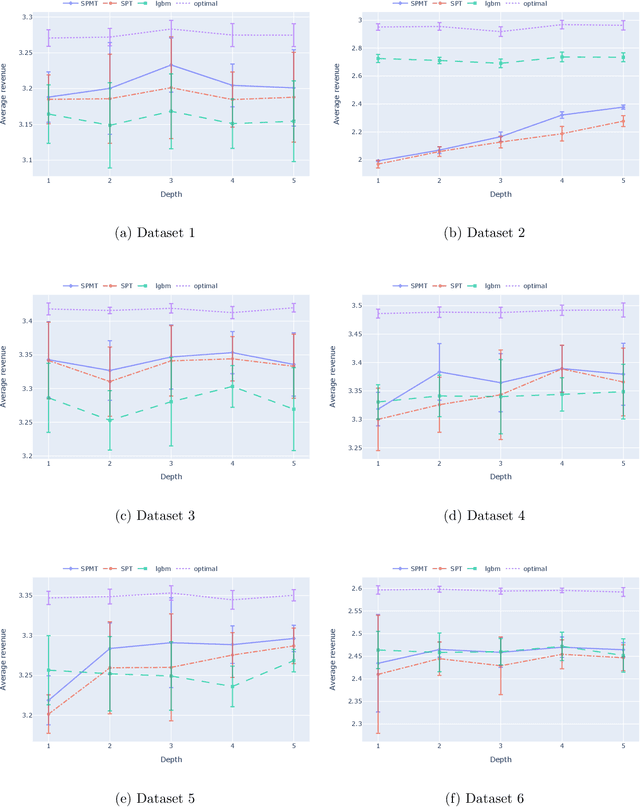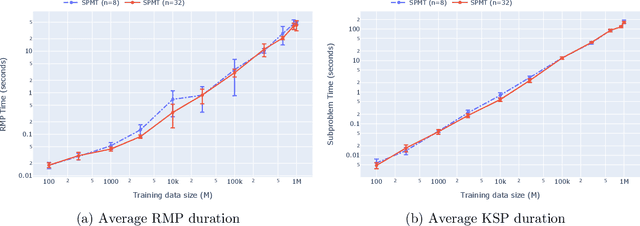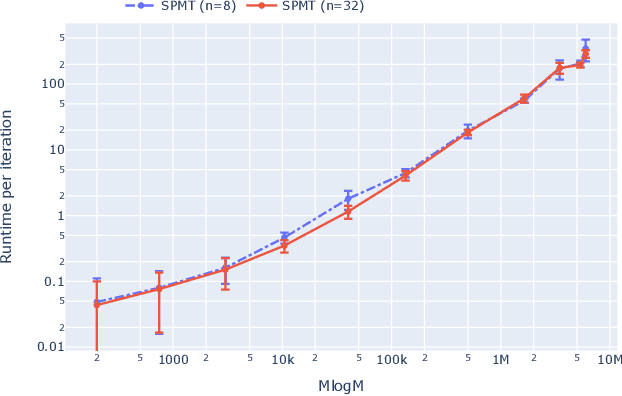Constrained Prescriptive Trees via Column Generation
Paper and Code
Jul 20, 2022



With the abundance of available data, many enterprises seek to implement data-driven prescriptive analytics to help them make informed decisions. These prescriptive policies need to satisfy operational constraints, and proactively eliminate rule conflicts, both of which are ubiquitous in practice. It is also desirable for them to be simple and interpretable, so they can be easily verified and implemented. Existing approaches from the literature center around constructing variants of prescriptive decision trees to generate interpretable policies. However, none of the existing methods are able to handle constraints. In this paper, we propose a scalable method that solves the constrained prescriptive policy generation problem. We introduce a novel path-based mixed-integer program (MIP) formulation which identifies a (near) optimal policy efficiently via column generation. The policy generated can be represented as a multiway-split tree which is more interpretable and informative than a binary-split tree due to its shorter rules. We demonstrate the efficacy of our method with extensive experiments on both synthetic and real datasets.
 Add to Chrome
Add to Chrome Add to Firefox
Add to Firefox Add to Edge
Add to Edge